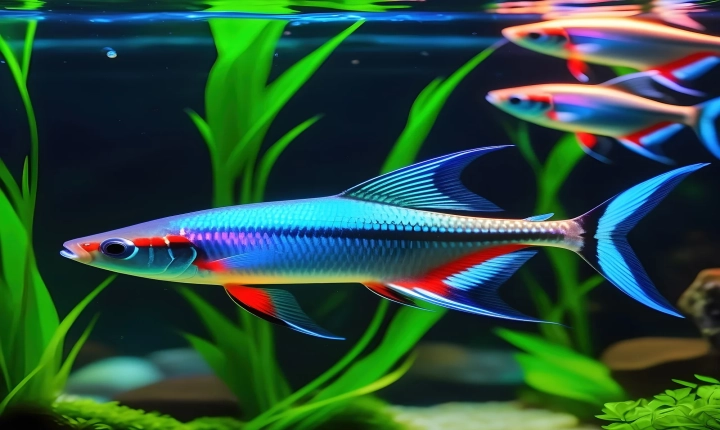Sure, here’s a sample article on the topic:
Title: Can I Use AI-Generated Art for Free?
In recent years, the field of artificial intelligence has made significant strides in the realm of creative expression. AI-generated art has become a topic of great interest, with software and algorithms creating stunning and thought-provoking pieces that rival those produced by human artists. However, a common question that arises is whether such AI-generated art can be used for free or if there are legal and ethical considerations to take into account.
The legality of using AI-generated art for free is a complex and evolving issue that has yet to be fully resolved. One of the key factors is the question of ownership. In many cases, AI-generated art is produced using pre-existing data, such as images, music, or other media, which raises questions about copyright and intellectual property rights. Additionally, the software used to create the art often involves a combination of proprietary algorithms and open-source code, further complicating the issue of ownership and usage rights.
From a legal standpoint, the use of AI-generated art for free may not always be straightforward. Many countries have copyright laws that protect original works of authorship, and it can be argued that AI-generated art falls under these protections. On the other hand, some legal experts argue that if the art is generated by a machine and does not involve direct creative input from a human, it may not be eligible for copyright protection. However, this is a contentious issue that has yet to be definitively decided by the courts.
In addition to the legal considerations, there are also ethical implications to using AI-generated art for free. For example, some argue that using such art without compensating the creators or owners of the underlying data and algorithms may be unfair or exploitative. There is also the question of the impact on human artists and creators, as widespread use of AI-generated art could potentially devalue the work of traditional artists.
Ultimately, the question of whether one can use AI-generated art for free is a complex one that requires careful consideration of both legal and ethical factors. While the legal landscape is still evolving and varies from country to country, it is important for individuals and organizations to be aware of the potential implications and to seek legal advice when needed.
In conclusion, the use of AI-generated art for free is a topic that raises important questions about ownership, copyright, and ethical considerations. As AI continues to advance and permeate the world of creative expression, it is crucial for both creators and users of AI-generated art to stay informed and engage in responsible and ethical practices. Only through open dialogue, legal clarity, and ethical considerations can the full potential of AI-generated art be realized in a fair and respectful manner.
